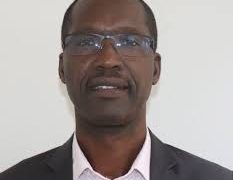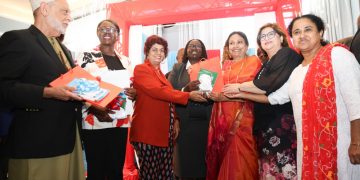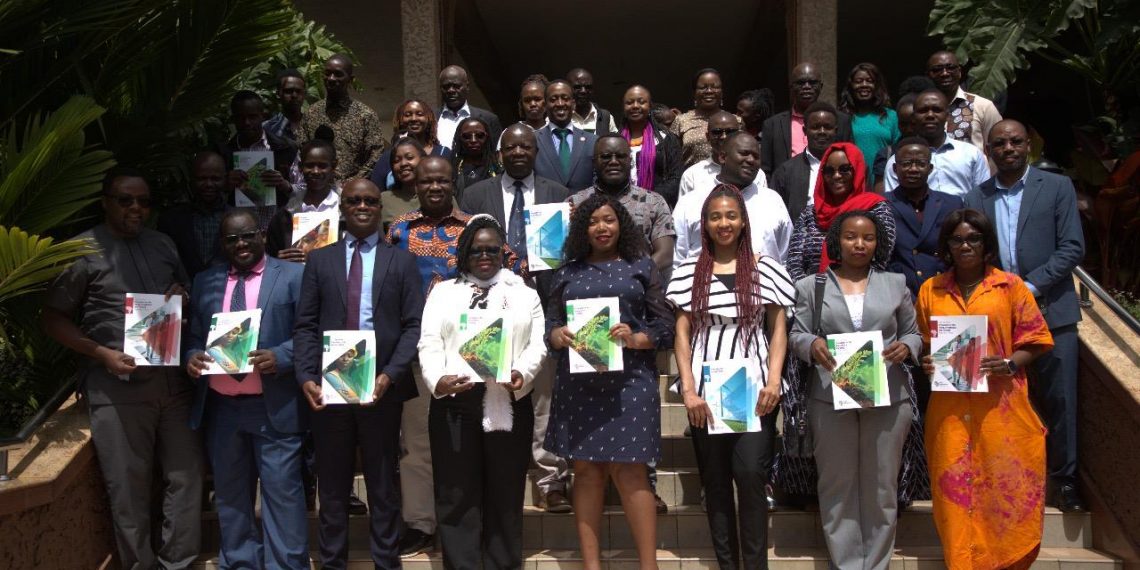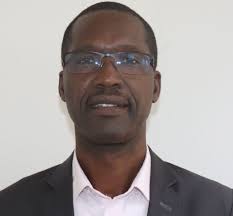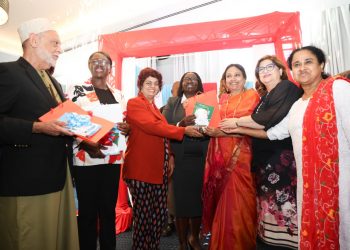As countries plan to update their Nationally Determined Contributions (NDCs), Africa is asking for a shift in climate change response plan and demanding for African centered solutions that reflect grassroots realities such as rural dependence on biomass, high youth unemployment, and systemic gender inequality.
Speaking at the launch of the Just Transition Platform (JTP) – which unveiled principles for a Just and Equitable Transition (JET) – Anne Songole, Climate Manager at CLASP, made a striking observation. “Africa has not only been a victim of the effects of climate change, but also a victim of the climate change response,” she said. “Gender equality is being left behind in the name of progress.”
As climate change worsens Africa’s food and water crises, with droughts and floods pushing people in rural areas further into poverty, women as primary caregivers are disproportionally affected.
“Women bear the brunt of climate-induced displacement and livelihood losses. However, they remain underrepresented in climate finance boards, disaster response teams, and environmental policymaking spaces. Women shouldn’t be an afterthought; they must be integral to the framework of a just transition.” She said.
Africa as a continent contributes less than 4% of global emissions but is facing some of the harshest climate impacts.
Dr. Teddy Moya, a legal expert at the University of Oxford and a key contributor to the JET principles, highlighted the significance of fairness and historical responsibility. “The primary principle is fairness, which involves directly addressing the unfair global systems of trade, finance, and investment that keep African nations at a disadvantage.”
According to Dr. Moya a just transition cannot be achieved without addressing systemic inequalities.
“Climate justice is intertwined with labor rights, social protections, and a focus on intersectional gender inclusion. Climate change transcends being an environmental concern, it encompasses development, human rights and gender issues,” he stated.
The JET principles launched at the Nairobi event are based on important international frameworks like the Abidjan Declaration on Social Justice, the African Union’s Agenda 2063 and the UN Framework Convention on Climate Change.
The platform brings together global researchers, grassroots activists, and African policy experts who agree that who agree that unless equity is embedded at every stage of the transition, the continent will once again be left behind this time in the race to survive climate change.


